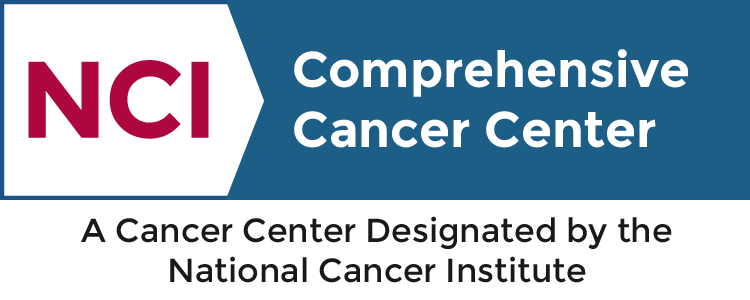Stanford Cancer Institute offers leading edge research and compassionate care with over 250 actively recruiting clinical trials, investigating a broad spectrum of new diagnostic, prevention and treatment strategies.
Cancer Clinical Trials
Research Programs
Explore research programs powered by innovation, compassion, and discovery
Events
See how we foster collaboration and showcase cutting edge research
News
Discover how the Institute is translating Stanford discoveries into individualized cancer care












